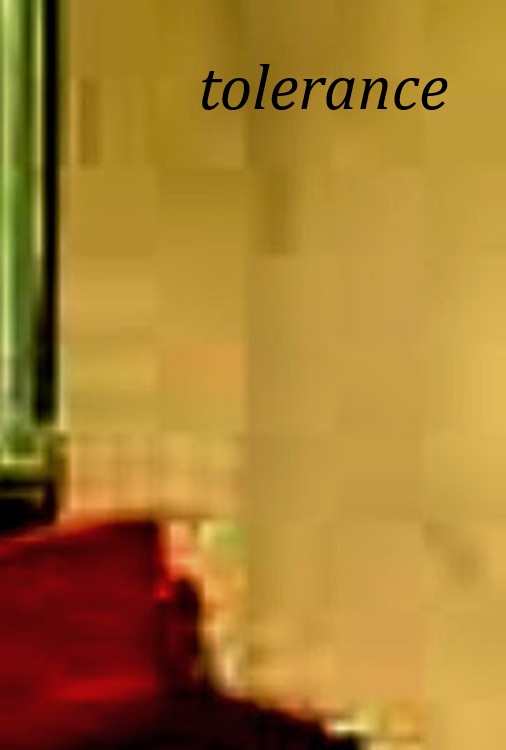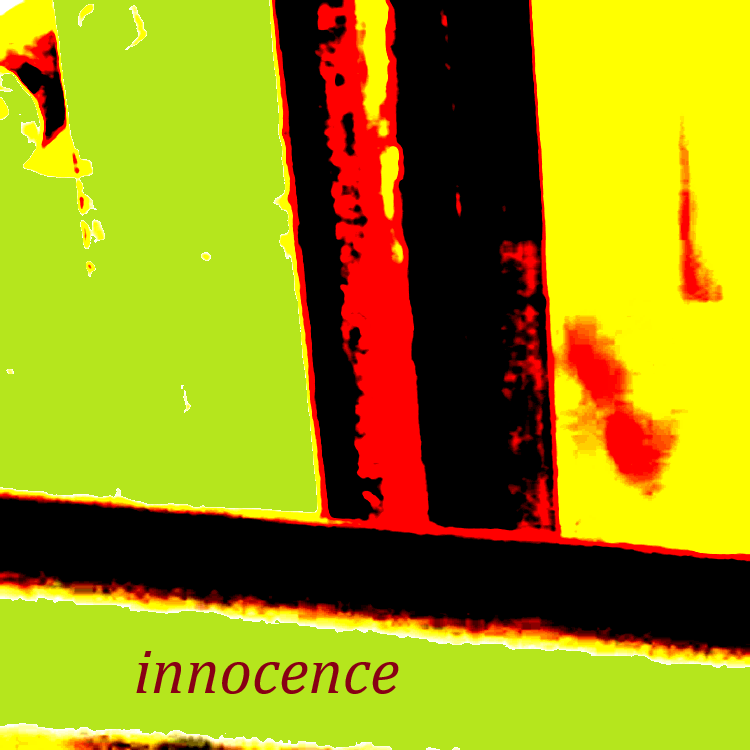DRAMATIC COLLISION IN SHUKRULLO’S “BURIED WITHOUT A SHROUD”

Iroda Ibragimova
Jizzakh State Pedagogical University
Faculty of Philology, 1st-year student
E-mail: irodaibragimova896@gmail.com
This article examines the devastating impact of the totalitarian regime on human personality and destiny through the example of Shukrullo’s work “Buried Without a Shroud”. The main issue of the work is interpreted from a literary and psychological perspective, focusing on the spiritual resilience of the lyrical protagonist (the author himself) and his struggle to preserve inner freedom amid the horrors of the 1937 repression period. The conducted research proves that the work is not merely a historical document, but a true tragedy demonstrating that personal courage and universal human values are capable of surviving even under totalitarianism.
Keywords:
Buried Without a Shroud, Repression Period, Autobiographical Prose, Victims of Stalinism, Totalitarianism, Forced Labor Camp System, Psychological Analysis, Personal Tragedy.
INTRODUCTION
In the history of Uzbek literature, Shukrullo’s work “Buried Without a Shroud” is recognized as one of the most significant and courageous examples of prose from the independence period. This work is a literary and historical document that reflects the cruel reality of the political repressions that affected the intellectuals of Uzbekistan during the 1930s–1950s, conveyed through personal experiences. The autobiographical nature of the work and the author’s depiction of the severe trials within the system of forced labor camps further intensify its emotional impact on the reader.
The purpose of this study is to analyze the pressure of the totalitarian regime on the individual as portrayed in “Buried Without a Shroud”, as well as the protagonist’s inner spiritual struggle against this oppression and the motives behind his moral choices. The work also depicts how many innocent Uzbek young men were falsely accused, brutally executed, and thrown into the soil without shrouds. The main thesis of the article is that Shukrullo presents the forced labor settlements not merely as physical prisons, but as a system aimed at destroying the human spirit; however, through the lyrical protagonist’s inner monologues and moral resistance, the narrative demonstrates a spiritual victory over the regime.
MAIN PART
1. The Psychology of the Repression Period and Inner Loneliness
The psychological state of the protagonist becomes an object of analysis from the very beginning of the work. The scenes of interrogation and arrest reveal the complete helplessness of the individual in the face of totalitarianism. By depicting the protagonist’s extremely delicate inner experiences, the author demonstrates that spiritual suffering is deeper and more devastating than physical torture.
The protagonist’s first experiences in prison are particularly significant for psychological analysis. He describes himself as “a soul crying between invisible walls” [Shukrullo, 2015, p. 32]. This image signifies the individual’s isolation from society and confinement within a spiritual cage. A direct example reflecting the protagonist’s sense of loneliness and despair is expressed in the following lines: “It was not an iron cage that surrounded me, but walls of facelessness and conscience-lessness. I felt completely cut off from the world” [Shukrullo, 2015, p. 45].
2. The Struggle for Human Dignity in the Life of Totalitarian Labor Camps
The central part of the work — the detailed depiction of life in repression camps — is presented as a field of moral choices. Despite hunger, cold, and constant threats in the лагер conditions, the author shows through his protagonist that supreme human values such as compassion, friendship, and conscience can still be preserved. This struggle forms the core idea of the work. The cruelty inflicted upon prisoners and the harsh treatment they endured are clearly portrayed.
Scenes depicting the author’s spiritual closeness with other prisoners strengthen the motif of preserving inner freedom. He writes: “To share a piece of bread, to look at one another in silence — this had become the highest expression of human life” [Shukrullo, 2015, p. 115]. Their monologues about “seeking light within the darkness” demonstrate spiritual resilience and unbreakable will [Shukrullo, 2015, p. 128].
3. “Buried Without a Shroud” – Interpretation of Its Symbolic Meaning
The title of the work — “Buried Without a Shroud” — carries a powerful symbolic meaning that reveals the inhuman essence of the totalitarian regime. A shroud is not only a material object, but also a spiritual ritual and a sign of respect. To be buried without a shroud signifies not only physical death, but also the erasure of a person from social memory and the loss of human dignity.
The term is used by the author to represent the spiritual death of repression victims and the attempt to erase their names from history. In the work, the forced labor settlements themselves are depicted as vast graves: “Here they do not shroud us; they simply kill our memory and bury it” [Shukrullo, 2015, p. 210]. One of the most powerful expressions of the author’s lyrical voice appears in the following line: “It was not the road to death itself, but the loss of dignity that was the most terrible tragedy” [Shukrullo, 2015, p. 230].
4. The Literary Value of Memory and Resistance
The value of this work also lies in the fact that it was created years after the tragic events it describes. It is not merely a journalistic account, but a spiritual victory of memory over tragedy. The author’s later reflections further enhance the literary significance of the work.
As an example of autobiographical prose, its scientific and historical value is strengthened, presenting it as an important source for preserving historical memory for future generations. Memory itself becomes a weapon of resistance, as the author writes: “I was compelled to write this work so that the horror of those past days might continue to flow in the blood of the next generation” [Shukrullo, 2015, p. 255].
CONCLUSION
Through “Buried Without a Shroud,” Shukrullo introduced a new dimension to the tradition of psychological realism in Uzbek literature within the context of the repression period. The findings of this study confirm that despite the overwhelming pressure of the totalitarian regime on the individual, the lyrical protagonist preserves his inner moral independence and spiritual freedom.
This article strengthens the theoretical approach to “Buried Without a Shroud” and presents it as a valuable source for studying the prose of forced labor camps in post-Soviet literature.
List of References
- Shukrullo. Kafansiz koʻmilganlar (Qayta nashr). Toshkent: Yangi asr avlodi. 2015.
- Joʻrayev M. Jadid adabiyotining psixologik qatlamlari. Toshkent: Akademnashr. 2023
- Normatov U. Adabiyot moʻjizasi: Tanlangan maqolalar. Toshkent: Sharq. 2018






